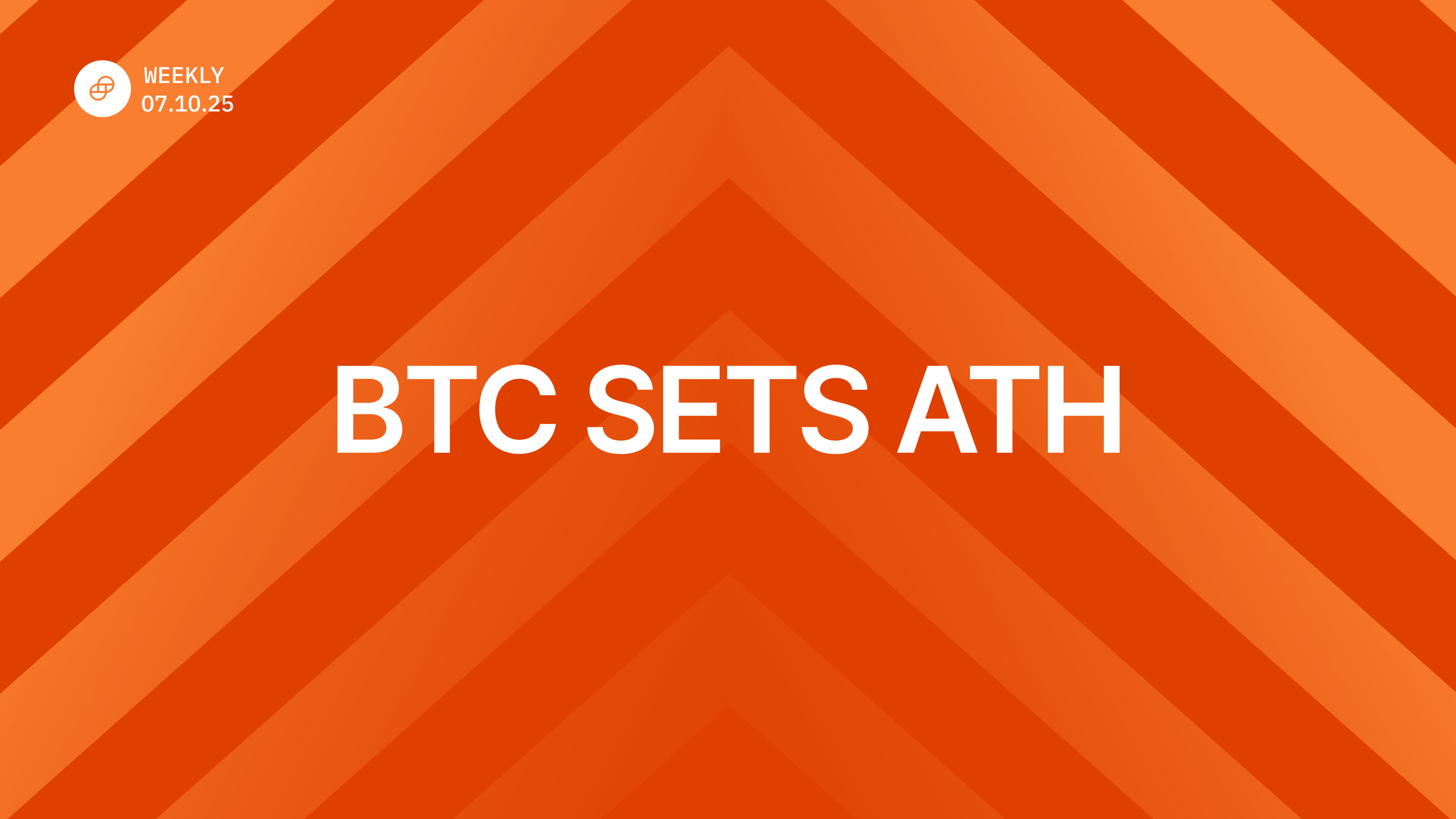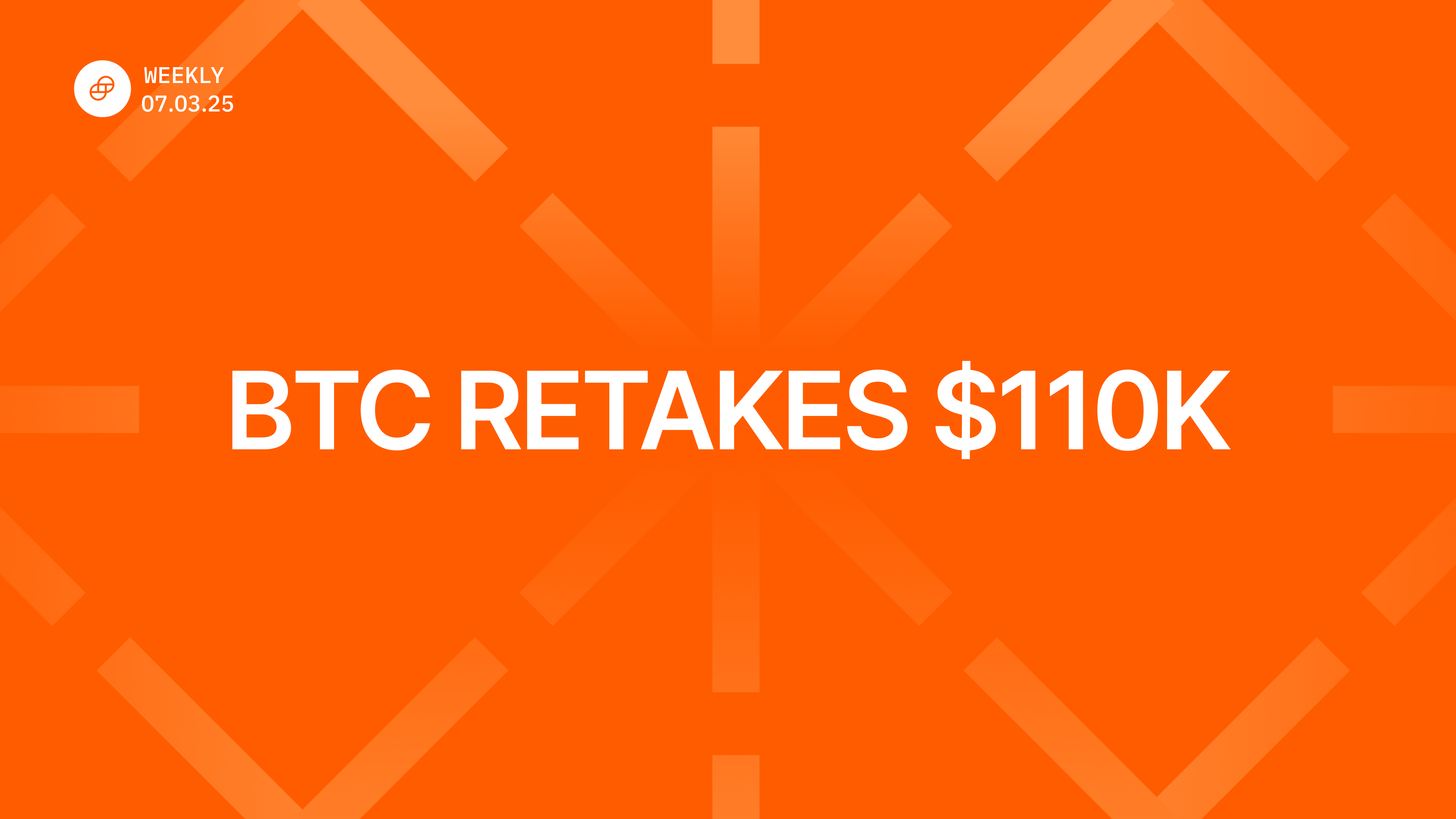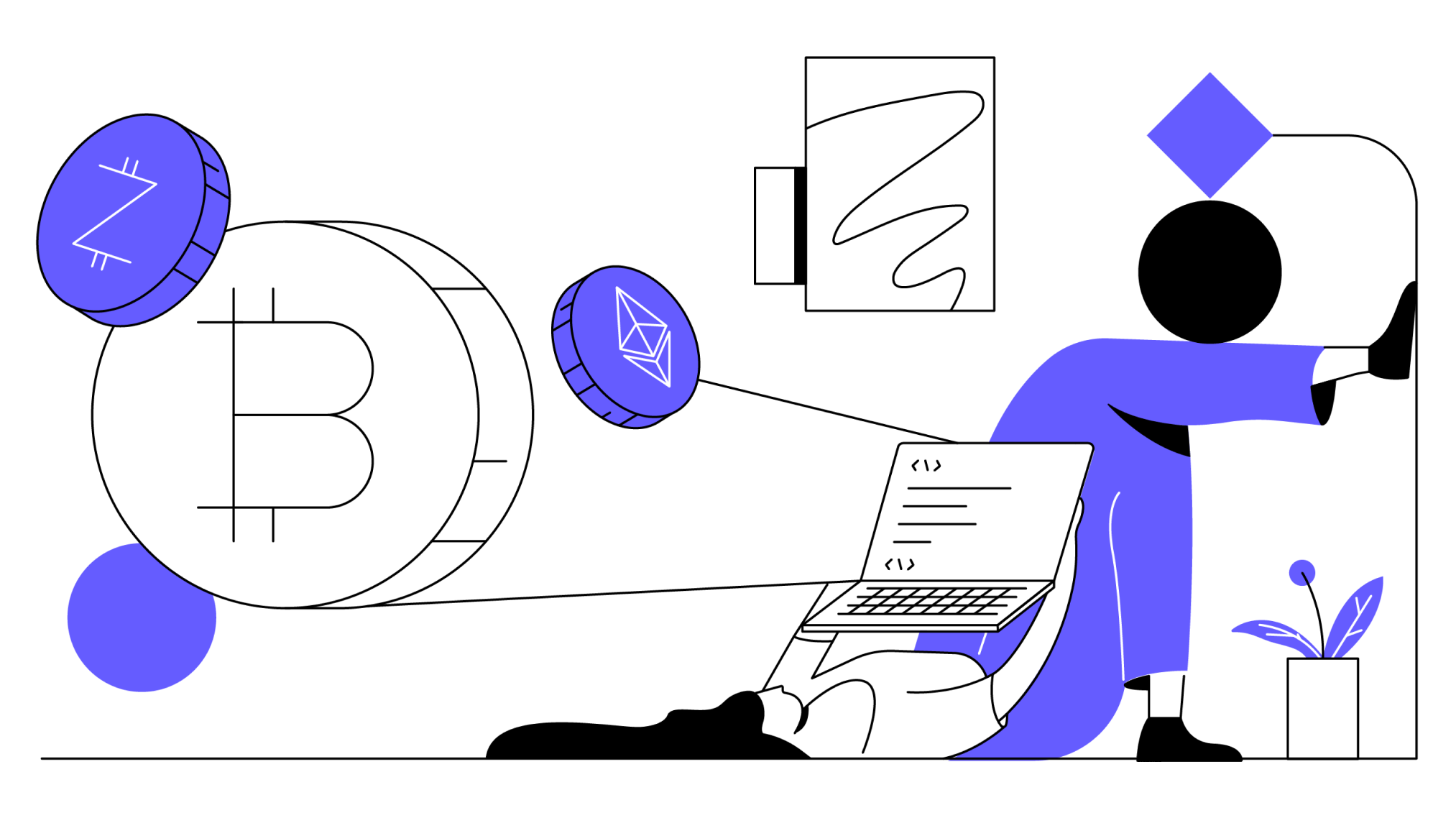MAR 13, 2018
A Proposal for a Self-Regulatory Organization for the U.S. Virtual Currency Industry

As part of Gemini’s mission to build the future of money, we believe in the importance of thoughtful regulation in the virtual currency industry. Starting in 2014, we worked with the New York State Department of Financial Services (NYSDFS) to obtain a trust company license for Gemini’s exchange and custody business. In 2017, as part of the development of the , we entered into an Information Sharing Agreement with the Cboe Futures Exchange (CFE), owned by Cboe Global Markets, Inc. (Cboe) and registered with the Commodity Futures Trading Commission (CFTC), to allow CFE to perform cross-market surveillance of Gemini’s marketplace. Lastly, we have adopted an internal Trading Policy with respect to material nonpublic information, as well as for all trading on our marketplace, in an effort to foster a rules-based marketplace.
With that said, there has been recent discussion among U.S. regulators and legislators about the need for further oversight and self-regulation of the virtual currency industry. When evaluating this need, it is important to first note that the term virtual currency (often used interchangeably with the terms “digital asset,” “digital currency,” or “cryptocurrency”) can refer to different asset types including virtual commodities like bitcoin, and separately, tokens built “on top of” blockchains that are securities (i.e., “security tokens,” which are sometimes issued via initial coin offerings (ICOs)). The legal status of bitcoin as a commodity was established by the CFTC in the 2015 order against Coinflip, Inc. This order stated that “Bitcoin and other virtual currencies” fall under the definition of a “commodity” as defined in Section 1a(9) of the Commodity Exchange Act of 1936 (CEA). This was recently confirmed by the U.S. District Court for the Eastern District of New York. As a result, virtual commodities like bitcoin (as a group, these are referred to in this document as “virtual commodities”) are “exempt commodities,” which is the same category in which the CFTC places metals and energy commodities, including gold, silver, oil, and natural gas. The cash markets (or spot markets) for exempt commodities, including virtual commodities, do not fall under the jurisdiction of the CFTC; however, the CFTC does have fraud and manipulation enforcement jurisdiction over these markets and market participants under the CEA. The legal status of whether or not a token is a security (i.e., not a virtual commodity) is determined by the Securities and Exchange Commission (SEC), which has traditionally been guided by the Howey Test and other SEC enforcement precedent when making these types of determinations. Unlike virtual commodities, security tokens and cash markets for security token transactions fall under the direct jurisdiction of the SEC and the federal securities laws, rules, and regulations.
The purchase and sale of commodities in the spot/cash markets has been historically exempt from the CEA and CFTC jurisdiction because cash market transactions, unlike derivative contracts, are: (i) traded for immediate delivery, (ii) settle “on the spot,” and (iii) are often underpinned by a commercial purpose (i.e., a farmer selling grain). As a result, these transactions are typically found to not be speculative in nature or readily susceptible to manipulation.
Cash markets for virtual commodities, however, are unique inasmuch as: (a) the commercial use-cases for virtual commodities are still developing, (b) there is strong speculative interest, © these marketplaces involve a large number of individual participants, and (d) technology makes individual transaction costs exceptionally low (on a relative basis) as compared to other physical commodity spot markets. As such, we believe adding an additional layer of oversight on virtual commodity cash markets, in the form of self-regulation, is important for consumer protection and to ensure the integrity of these markets. Below, we outline a proposal for the Virtual Commodity Association (the “VCA”), an industry sponsored self-regulatory organization for the U.S. virtual currency industry, specifically virtual commodity exchanges and custodians (collectively, “platforms”). The VCA: (i) will be a non-profit, independent regulatory organization that does not operate any markets, (ii) will not be a trade association, (iii) will not provide regulatory programs for security tokens or security token platforms, and (iv) will be in compliance with global standards and best practices for SROs.
PURPOSE
- Foster financially sound, responsible, and innovative virtual commodity markets through a system of industry sponsored standards, sound practices, and oversight that promotes price discovery, efficiency, and transparency.
- Incentivize the detection and deterrence of manipulative and fraudulent acts and practices, including partnering with regulators and particularly the CFTC to share or refer information, as appropriate.
- Require member firms to commit in writing, upon joining VCA, to operating their virtual commodity markets in compliance with Sound Practices, described below; and provide a sanctions based accountability program to compel ongoing member compliance.
STRUCTURE — MEMBERSHIP AND GOVERNANCE
- Open for membership to virtual commodity platforms, over-the-counter (OTC) trading firms, and other trading facilities acting as counterparties that:
- Provide an all-to-all platform or venue, available to U.S. participants, for transacting in the spot virtual commodity markets; or
- Provide OTC or off-exchange services, available to U.S. participants, for transacting in the spot virtual commodity markets.
- When applicable, the entities must otherwise be in compliance with and have obtained relevant licenses required to operate a business that involves holding customer fiat funds and the custody of customer virtual commodities.
- To be governed by a Board of Directors — Board structure to come (including a required number of independent directors); funded by member fees.
- To consider other potential member types in the future; website to come.
SOUND PRACTICES — ANNUAL CERTIFICATION BY MEMBERS
- Members shall certify to VCA, annually, that they are in compliance with “Sound Practices,” including:
- Responsible Financial Management — Establish a transparent program of financial responsibility and controls for members to ensure confidence in the fiscal soundness of members and to encourage customer confidence.
- Transparency; Conflicts of Interest — Provide appropriate transparency regarding bids, offers, executions, and other relevant data to the public; adopt policies to avoid conflicts of interest.
- Rules Based Markets — Maintain and enforce a system of marketplace conduct rules; and implement policies and procedures to respond to and address customer concerns and complaints.
- Cyber and Information Security; Recordkeeping — Implement and maintain current best practices with respect to cybersecurity, information security, and recordkeeping.
- Surveillance — Monitor and surveil markets to detect and deter (and where appropriate, discipline) manipulative and fraudulent acts and practices.
- Information Sharing — Agree to enter into information sharing agreements for the purposes of marketplace surveillance with other members and with regulated exchanges and trading platforms that list products based on virtual commodities.
- Cooperation With Regulators — Among other things, agree to report instances of manipulative and fraudulent conduct to the CFTC and other regulators as appropriate.
- Legal Analysis — Agree to perform proper diligence and legal analysis when determining the legal status of a virtual commodity for listing and trading in order to avoid listing and trading security tokens, unless the member has obtained necessary licenses for security tokens.
PRIMARY FUNCTION OF THE VCA AND ITS BOARD
- Facilitate the periodic examination of members and issue a report indicating whether the member is adhering to its primary obligations and complying with Sound Practices;
- Where members fail to comply with Sound Practices, impose agreed upon sanctions; and
- Interact with and educate regulators (such as the CFTC or the SEC) and legislators.
CONCLUSION
The SRO approach has historically worked to protect and police various markets. For example, the National Futures Association is an SRO for the U.S. derivatives industry and is a model for how the VCA can work together with the CFTC to provide additional oversight to virtual commodity cash markets. The promise of virtual commodities and their impact on the future will be profound — but individuals and institutions need to feel safe and secure when transacting. We believe a thoughtful SRO framework that provides a virtual commodity regulatory program for the virtual commodity industry is the next logical step in the maturation of this market. We look forward to engaging with industry leaders, participants, regulators, and legislators on this proposal. If you would like to discuss this further, please email: .
Onward and Upward,
Cameron + Tyler
RELATED ARTICLES

COMPANY
JUL 10, 2025
Win A Trip to the Ryder Cup By Trading $50 in Crypto or Spending $50 With the Gemini Credit Card®

WEEKLY MARKET UPDATE
JUL 10, 2025
Bitcoin Surges Past $116K To Hit Record High, BlackRock’s Spot Bitcoin ETF Surpasses 700K BTC, and Strategy Plans $4.2B Raise

WEEKLY MARKET UPDATE
JUL 03, 2025
Bitcoin Gains Ahead of Holiday, Circle Files for Banking License, and Strategy Continues BTC Buying Spree
MORE FROM CAMERON WINKLEVOSS

COMPANY
FEB 18, 2021
Gemini Launches Cryptopedia, A Free Crypto Education Platform

COMPANY
OCT 24, 2018
Gemini dollar (GUSD) Is Now Supported by 25 Exchanges

INDUSTRY
SEP 26, 2018